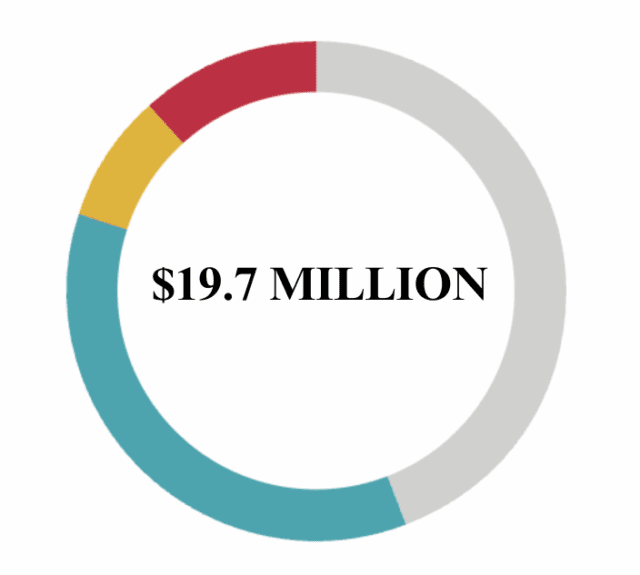Washington’s tribes invest in creating sustainable economies, improving infrastructure and providing critical services throughout the state.
Economic development: Hundreds of millions in gaming revenue is invested into non-gaming enterprises, such as hotels, restaurants, entertainment venues, tourist attractions, retail, forest products, fisheries, agriculture, ranching, real estate development, manufacturing, aquaculture and more.
Public safety: Tribes invest in public safety and emergency services to protect all citizens, property and natural resources. This includes funding for the police, courts, emergency medical response and fire departments.
Transportation/utilities: From road projects to public transit services to water treatment facilities, Washington tribes contribute funds to making our state’s infrastructure safe and effective.
Housing: Providing adequate housing, especially for low-income families and the elderly, is a priority for Washington’s tribes. Throughout the state, tribes are constructing new homes and apartments to meet this critical need.




